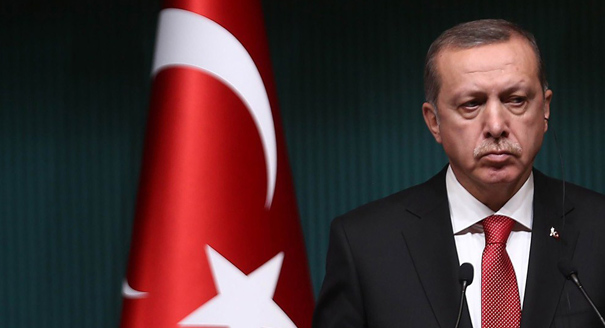Author: Dalia Ghanem
Affiliation: Malcolm H. Kerr Carnegie Middle East Center (Beirut)
Organization/Publisher: Malcolm H. Kerr Carnegie Middle East Center
Date/Place: May 4, 2021/Beirut, Lebanon
Type of Literature: Article
Word Count: 1129
Link: https://carnegie-mec.org/diwan/84460
Keywords: Turkey, North Africa, Maghreb, Diplomacy, Influence, Cooperation
Brief:
Dalia Ghanem discusses Turkey’s expanding role in North Africa, particularly in Algeria. Ghanem argues that Turkey has focused on expanding its influence to advance its economic, energy, and military objectives, as foundations of a larger role in Africa and the Mediterranean. Maghreb countries are the focal point of a Turkish influence zone due to its location at the crossroads of Sub-Saharan Africa, the Middle East, southern Europe, and the Mediterranean. Economically, Turkey considers the Maghreb as a gate to new African Markets. This has been materialized in the increasing magnitude of Turkish investments in Africa, the initiation of bilateral agreements with Tunisia, Morocco, and Algeria as well as the Turkey-Africa Economic and Business Forum. However, Algeria has recorded the most significant increase among the others in more than one industrial sector. Regarding the energy sector, Turkey has significant interests in energy resources in North Africa especially in Algeria and Libya. Algeria is Ankara’s fourth largest gas supplier; Turkey extended its gas agreement until 2024. On the other hand, Libya and Turkey have strengthened their cooperation in the oil and gas sectors, especially by signing a maritime agreement demarcating their maritime boundaries to “establish a corridor from southwest Turkey to northeast Libya and claim drilling rights in an exclusive economic zone (EEZ)”. Moreover, Turkey gives priority to military influence in North Africa. She refers to the Turkish interest in the situation in Libya and the Algerian position from it, which to a great extent allies with the Turkish one. She says that Turkey’s long-term strategy is to dominate the African arms market. Ghanem underlines that Turkey has opened 37 military offices in Africa, which makes Turkey the country with the most such offices on the continent. Moreover, Turkey has signed military agreements with Chad (2019), Niger (2020), and Somalia (2021), and is now searching for other African markets for further military cooperation. In conclusion, while Ankara has redirected its diplomacy toward the Maghreb and Africa to expand Turkey’s influence in the Mediterranean, especially Algeria, European countries, particularly France, meanwhile may be frustrated with this involvement in an area traditionally under French influence. Turkey looks forward to introduce itself as an alternative to France, and portraying itself as a defender of the Muslim world, it has been welcomed in a region fed up with the long relationship with a former colonial power.
By: Yomna Süleyman, CIGA Research Assistant




